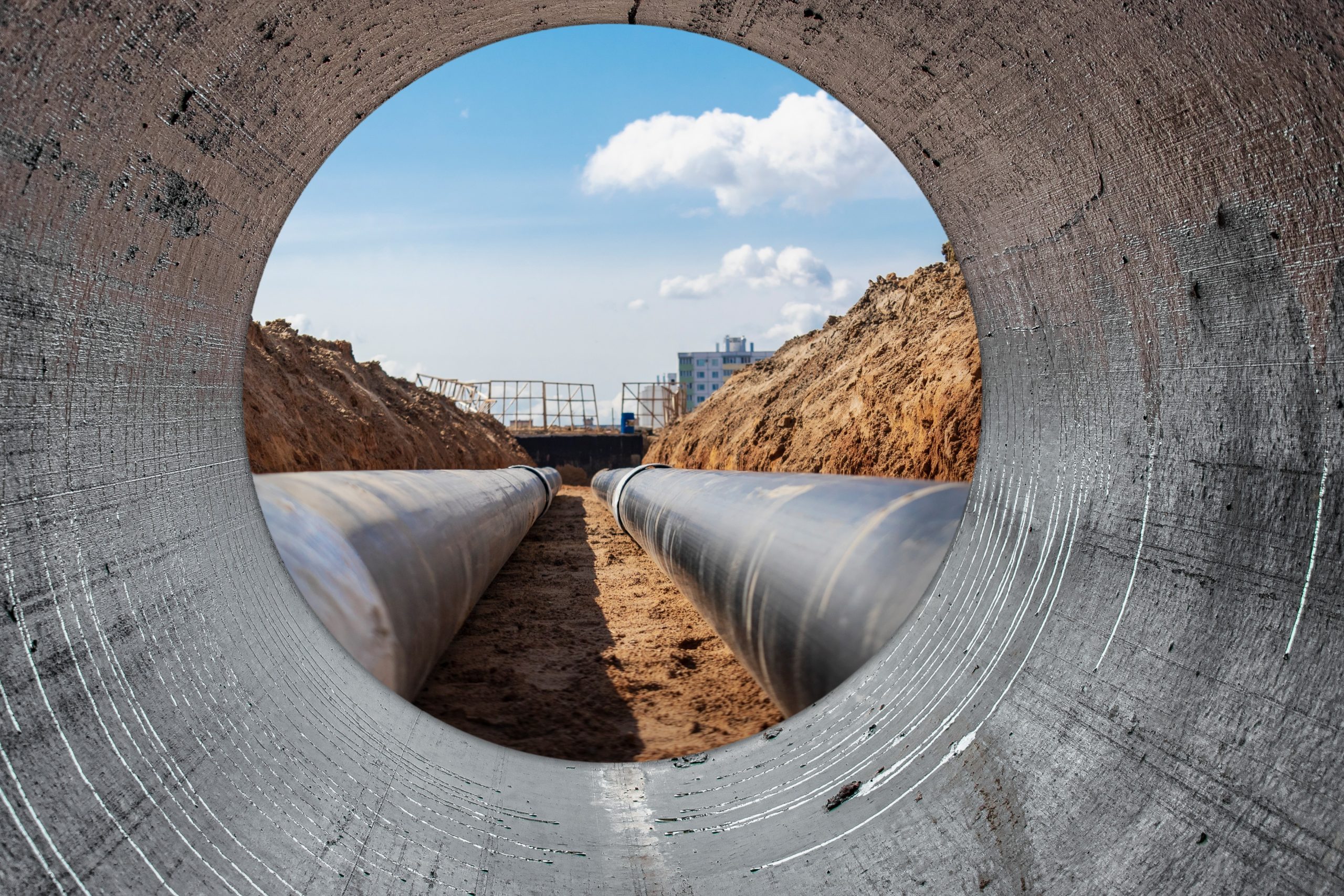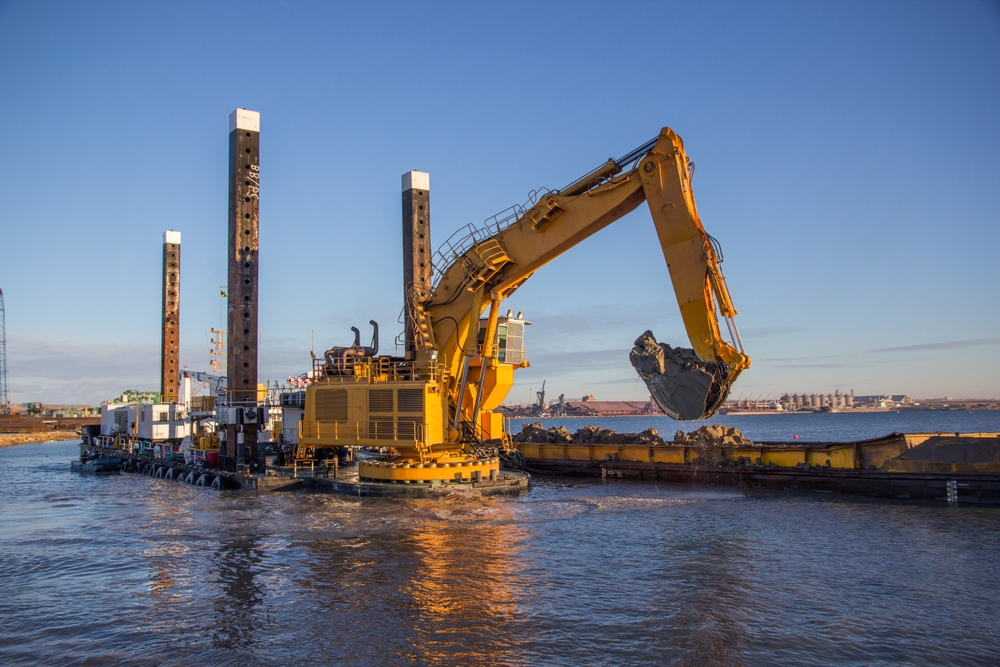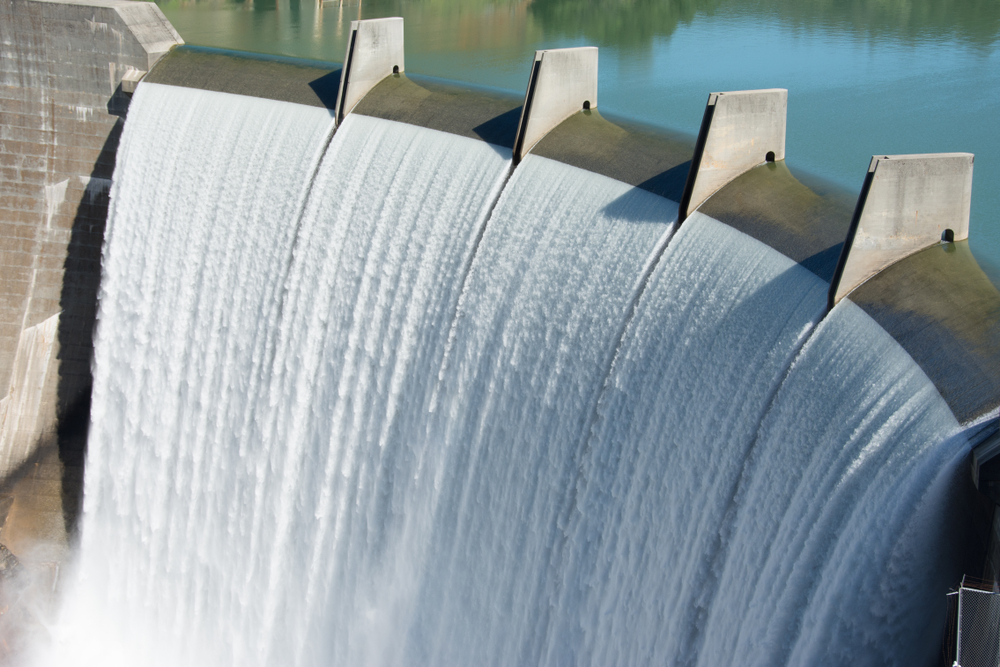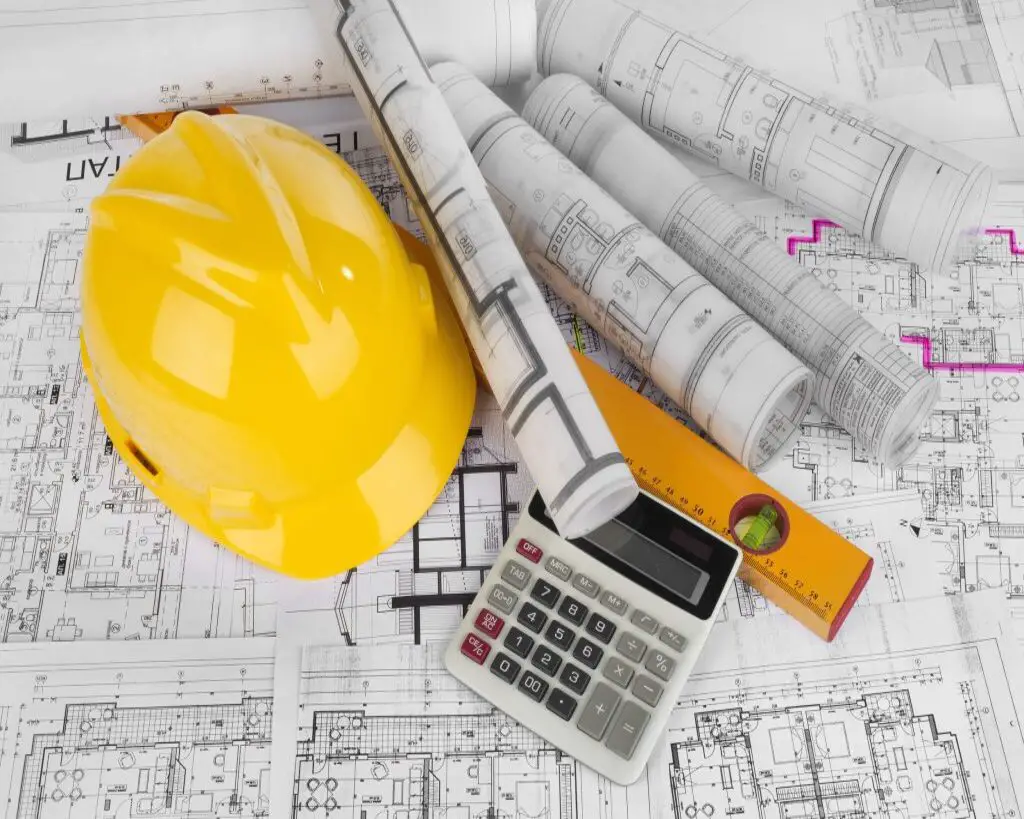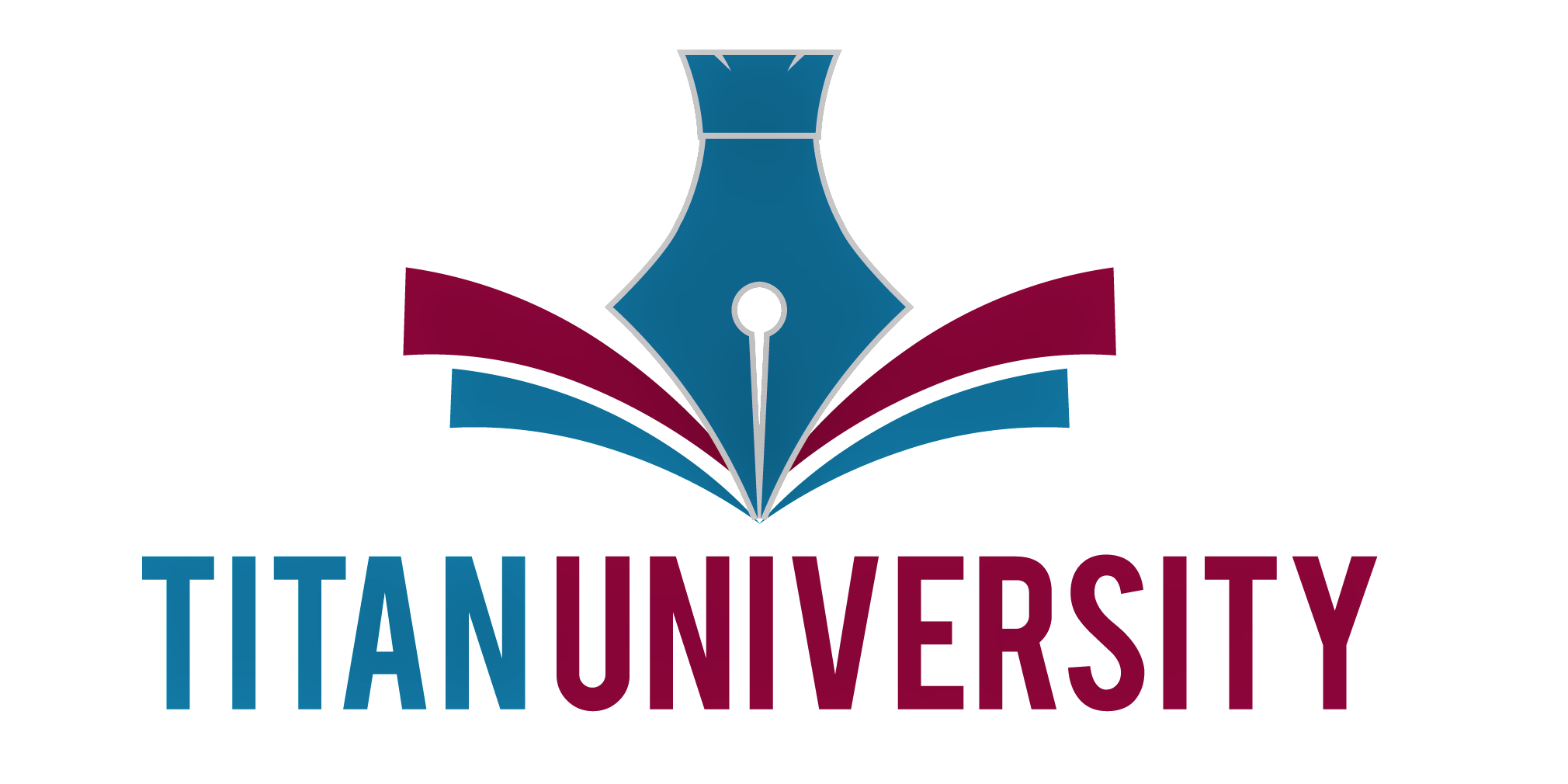CONSTRUCTION QUALITY CONTROL MANAGERS IN MASSACHUSETTS
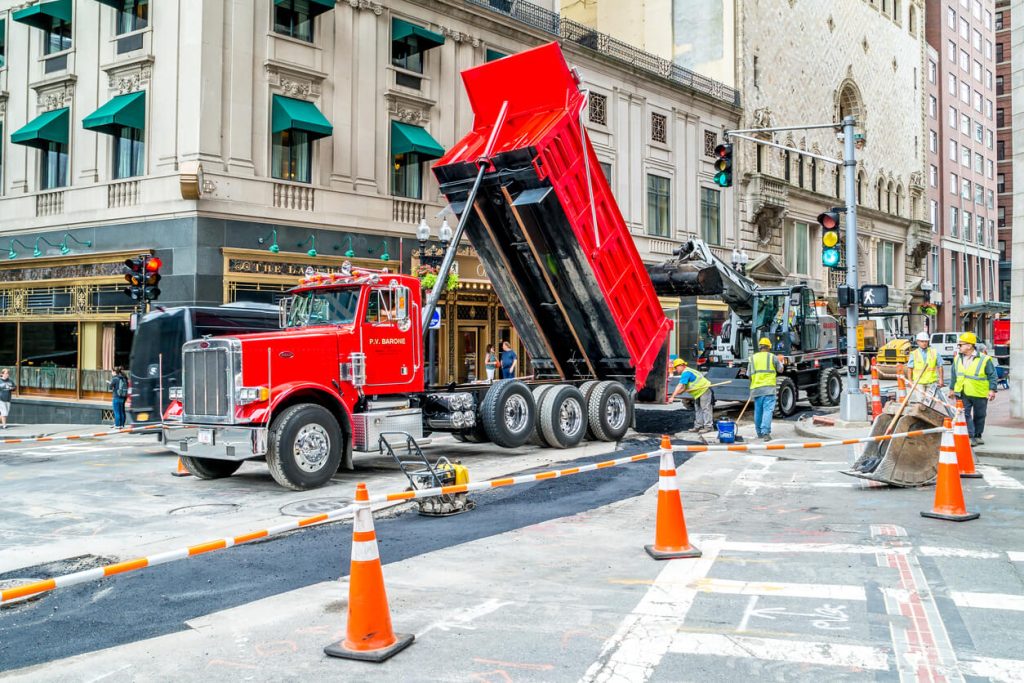
Massachusetts, formally known as the Commonwealth of Massachusetts, is the most populated state in New England, Northeastern United States. It shares its border to the east with the Atlantic Ocean and the Gulf of Maine, south with Connecticut and Rhode Island, north with New Hampshire and Vermont, and west with New York. Boston is the capital of Massachusetts and the most populated city in New England. Greater Boston, a region prominent in American history, academia, and industry, is the main attraction in this city. Originally reliant on agriculture, fishing, and commerce, Massachusetts became a manufacturing hub during the Industrial Revolution. The economy of Massachusetts experienced a paradigm shift when it turned to services rather than manufacturing during the 20th century. Today, Massachusetts is a global leader in biotechnology, engineering, higher education, finance, and marine trade.
Hawaii encompasses practically the entirety of the Hawaiian archipelago, consisting of 137 volcanic islands spanning 1,500 miles (2,400 kilometers), and is physiographically and culturally part of the Polynesian subregion of Oceania. At approximately 750 miles, the state’s coastline is the fourth-longest in the United States (1,210 km). The eight largest islands, from northwest to southeast, are Niihau, Kauai, Oahu, Molokai, Lnai, Kahoolawe, Maui, and Hawaii, after which the state is named; Hawaii is commonly referred to as the “Big Island” or “Hawaii Island” to prevent confusion with the state or archipelago. The majority of the Papahnaumokukea Marine National Monument, the nation’s largest protected area and the third-largest globally, consists of the uninhabited Northwestern Hawaiian Islands.
Quality Control is one of the most important aspects of any construction project, as it directly affects the quality of the planning and delivery of the final product. Although the construction firms work to preserve and enhance the quality and aesthetics, the procedures, checks, and balances required to ensure quality are usually misdirected or nonexistent.
Quality control in construction requires vigilant supervision to ensure the project complies with the client's specifications and needs. This includes conforming to the project's scope and avoiding conflicts throughout its life cycle. A quality management system enables you to define quality standards, monitor them, and make adjustments to guarantee that requirements are met. For construction quality management, you must supervise the project, keeping a bird's eye view. Utilizing modern construction project management solutions streamlines this procedure and assures it fulfills the quality requirements of your client.
In Massachusetts, Titan has experienced construction quality control managers onboard. You have come to the right place if you wish to hire a construction quality control manager for your project. Titan Consultants specializes in federal government construction projects.
Training and Experience
Generally, quality control supervisors acquire on-job training. This training may involve studying the company's regulations, procedures, software, and equipment. It may also require you to work as a shadow manager to assist the current quality control manager until he feels comfortable continuing the work independently.
Education
Typically, construction quality control managers hold a bachelor's degree in construction management, civil engineering, or a related subject. Some firms may prefer applicants with a master's degree in construction management or civil engineering.
Certificates and Licenses:
Although certifications are not often required for construction quality control manager roles, they can help you stand out amongst your peers.
You have come to the right place if you want to kickstart your career as a CQCM. Titan University offers unparalleled professional courses tailored for quality control, allowing you to start your career as a successful Construction Quality Control Manager in Massachusetts. Our extensive course outline includes but is not limited to:
- Contract Administration in RMS
- Daily QC Report Development for USACE Construction Projects
- Mastering RMS 3.0 USACE
- Quality Control In Construction – Quality Control Planning
- Submittal Proficiency in RMS 3.0 USACE
- Turbidity Monitoring for Dredging Operations











